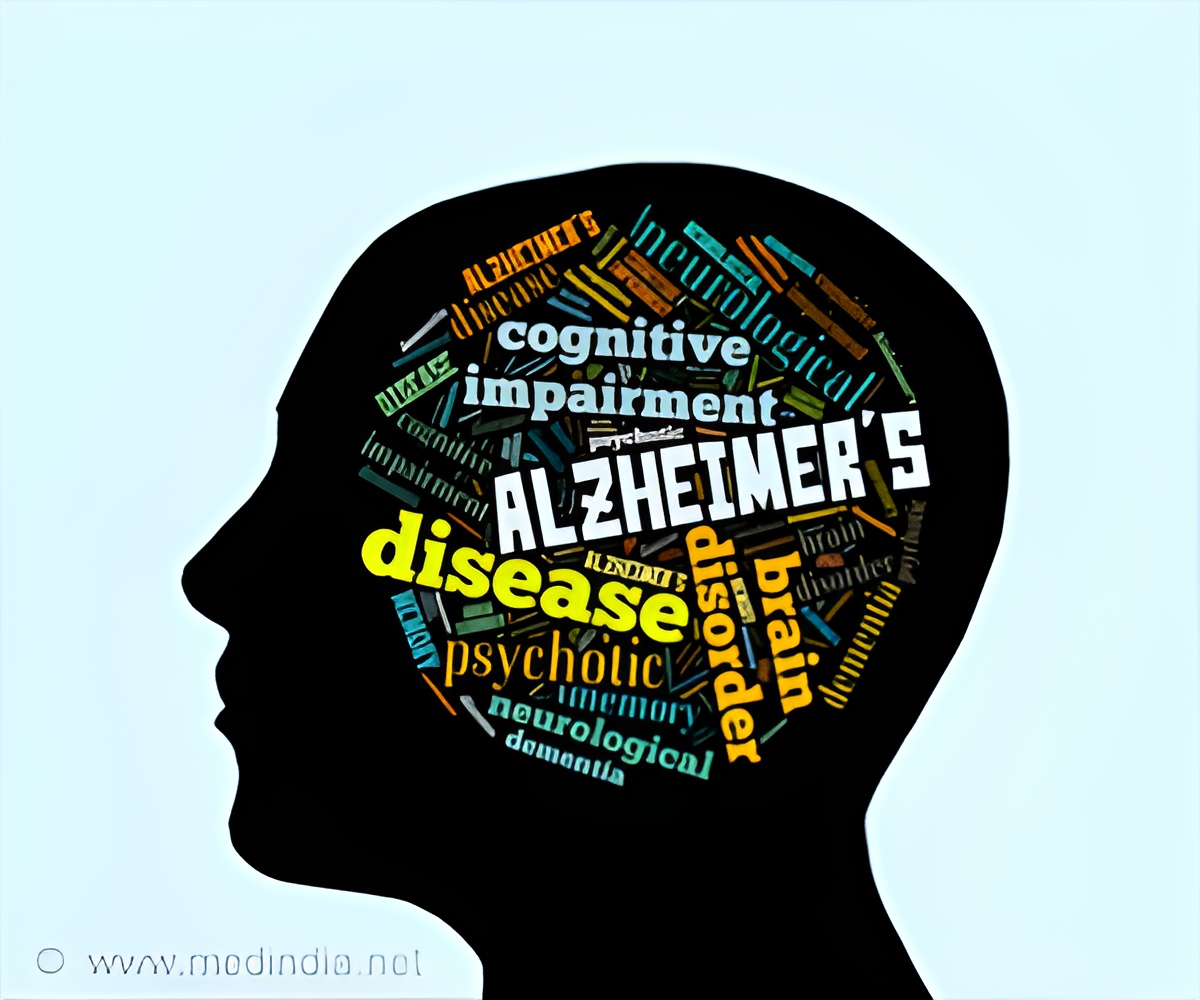Alzheimer’s disease is driven primarily by neuroinflammation, which is the key to the spread of pathologically misfolded proteins in the brain and consequent cognitive impairment.

‘Alzheimer’s disease is driven primarily by neuroinflammation, which is the key to the spread of pathologically misfolded proteins in the brain and consequent cognitive impairment.
’





Neuroinflammation is the activation of the brain’s resident immune cells, called microglial cells. There are several animal and lab studies that support the role of microglial activation in driving the spread of tau fibers in Alzheimer’s disease. However, the evidence seeks its proof in human studies. This study was the first of a kind that succeeded in revealing the proof in living patients. The study team used live imaging to look deep into the brains of people with various stages of Alzheimer’s disease and healthy aging individuals.
Neuroinflammation and Alzheimer’s Disease
It was found that neuroinflammation is not simply a consequence of disease progression. But, it is the key upstream mechanism that is indispensable for disease development. Moreover, neuroinflammation was more prevalent in older people and those with mild cognitive impairments than those with Alzheimer’s disease-associated dementia.
“As a young resident neurologist in my home country of Brazil, I noticed that many patients with Alzheimer’s disease are left neglected and without access to appropriate care. Our research suggests that combination therapy aimed to reduce amyloid plaque formation and limit neuroinflammation might be more effective than addressing each pathology individually,” says lead author Tharick Pascoal, M.D., Ph.D., assistant professor of psychiatry and neurology at Pitt.
Advertisement
Source-Medindia











